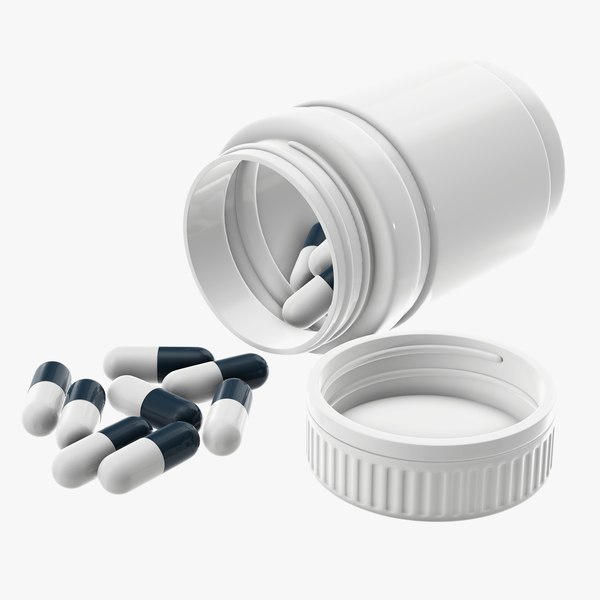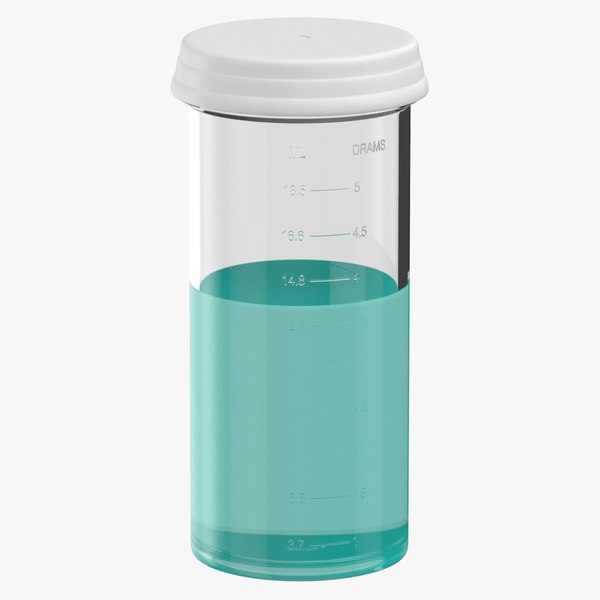I Don't Want To Spend This Much Time On Drug And Alcohol Rehab. How Ab…
페이지 정보
작성자 Jefferey Cottre… 작성일 23-12-18 23:35 조회 22 댓글 0본문
 Introduction:
Introduction:Alcohol withdrawal is a condition that takes place when individuals abruptly stop or significantly lower their alcoholic beverages intake after prolonged durations of heavy-drinking. It is a complex and potentially life-threatening problem that impacts many people global. This report aims to supply a thorough breakdown of alcohol detachment, including its symptoms, treatments, and administration strategies.
 Symptoms of Alcohol Withdrawal:
Symptoms of Alcohol Withdrawal:The beginning and seriousness of alcohol withdrawal signs differ among individuals, based factors for instance the amount and extent of drinking and a person's overall health. Common observable symptoms include tremors, anxiety, irritability, nausea, vomiting, insomnia, increased heartbeat, and sweating. In serious instances, people may experience hallucinations, seizures, or delirium tremens (DTs), a potentially deadly condition characterized by agitation, confusion, hallucinations, and fluctuating levels of awareness.
Treatment Plans:
Whenever coping with alcohol withdrawal, it is crucial to seek medical guidance and help. The primary aim of treatment is to properly handle withdrawal signs, prevent complications, and facilitate the change to sobriety. Doctors can assess the seriousness of signs and figure out the appropriate degree of treatment. In mild situations, outpatient therapy can be administered, while more serious cases may need hospitalization.
Medicines commonly used in liquor withdrawal therapy consist of benzodiazepines, that really help lower anxiety, relieve signs, and prevent seizures. Various other medications such as for example antipsychotics, anticonvulsants, and beta-blockers may be useful to handle particular symptoms or co-occurring conditions. Furthermore, nutritional vitamin supplements, specially thiamine (vitamin B1), in many cases are recommended to avoid or treat prospective deficiencies connected with exorbitant drinking.
Management Tips:
Besides medical interventions, different strategies can be employed to handle alcoholic beverages detachment successfully.
1. Supportive Care: Offering a supporting environment promotes a sense of safety and comfort. This can include making sure appropriate nourishment, hydration, and remainder, and monitoring essential indications and addressing any health problems which will happen during withdrawal.
2. Psychotherapy: Seeking psychological state support, particularly guidance or psychotherapy, can play a crucial role in dealing with underlying emotional or psychological issues that play a role in liquor dependency. These treatments help individuals develop coping methods, manage causes, and establish healthy options to liquor.
3. Rehabilitation tools: participating in rehabilitation programs, such as for example inpatient rehab; http://bestoftunica.com/, or outpatient centers, provides an organized and supportive environment for folks seeking long-term data recovery. These programs frequently combine medical interventions, guidance, and peer support to handle the real, mental, and personal areas of liquor addiction.
4. Follow-up Care: After finishing initial detox and therapy, people should still seek continuous care. This might include participating in organizations, attending regular therapy sessions, and getting follow-up evaluations to ensure correct actual and mental health.
Summary:
Alcohol withdrawal is a difficult problem that needs medical assistance and comprehensive support. Knowing the symptoms, treatment options, and management techniques can greatly assist in assisting people properly navigate the withdrawal procedure and achieve lasting recovery. By providing appropriate attention and sources, we are able to enhance the outcomes for people wanting to overcome liquor addiction.
댓글목록 0
등록된 댓글이 없습니다.